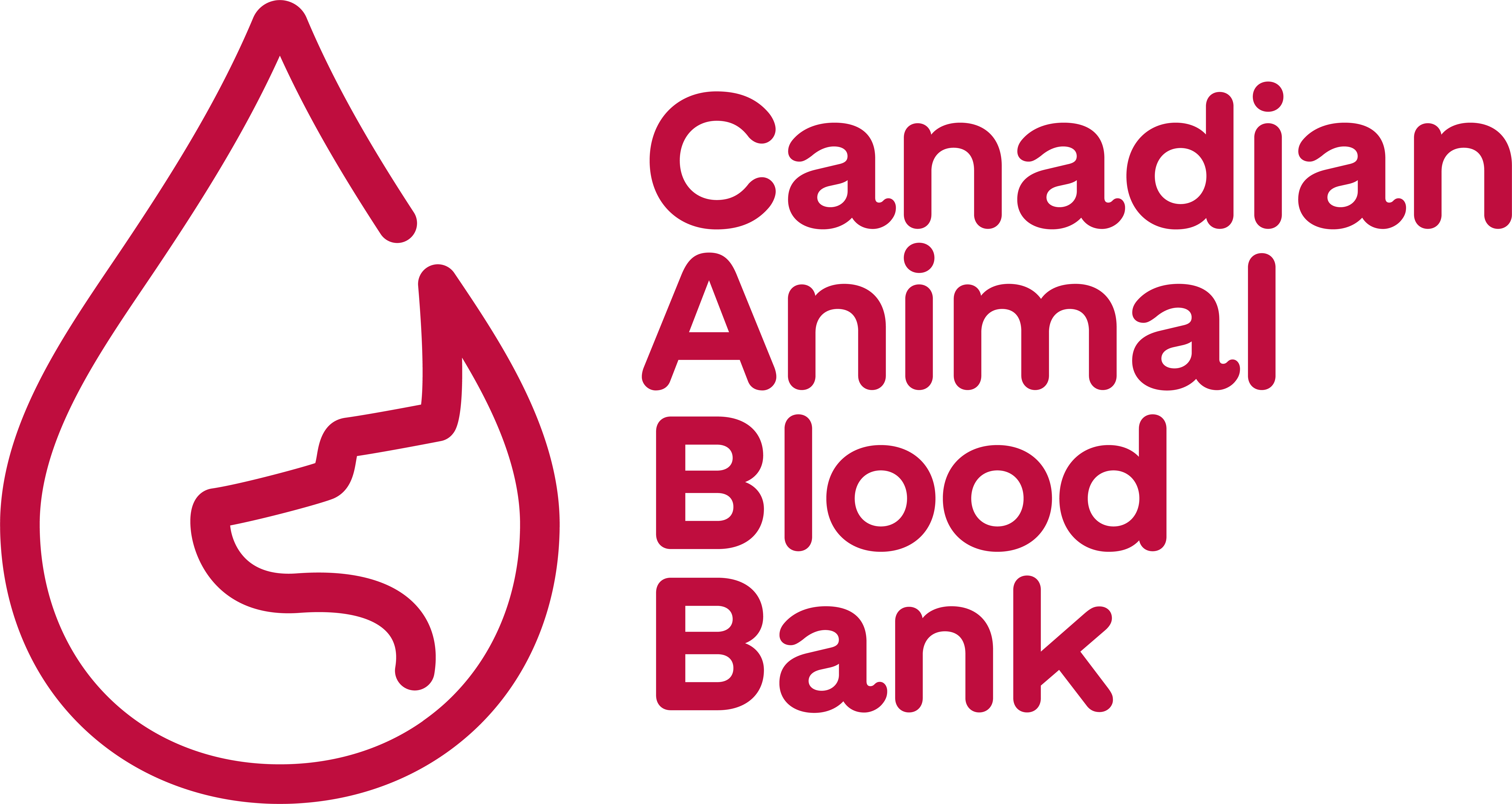
The decision whether to crossmatch feline patients prior to receiving an RBC transfusion has remained controversial until recently. Fortunately, new studies have demonstrated that naturally occurring non-AB incompatibilities are high enough in cats that a crossmatch should be performed before all (even first) RBC transfusions.
Crossmatches are performed to detect immunologic incompatibilities between blood donors and recipients so that compatible blood donors can be selected and the risk of transfusion reactions can be reduced. Crossmatches are often done in-hospital using point-of-care gel-based methods, although they are sometimes performed using gold standard antiglobulin-enhanced techniques in a laboratory setting.
Although many veterinarians (myself included) have previously chosen to forgo crossmatch testing in cats of the same A-B blood type, this practice is no longer recommended. Over the last two decades, new RBC antigens such as Mik have been discovered, suggesting that cats may have naturally occurring antibodies that are sufficient to cause immunologic transfusion reactions, without previously receiving a transfusion.
A recent retrospective study demonstrated the ramifications of not crossmatching feline recipients. The study’s objective was to determine the prevalence of naturally occurring non-AB alloantibodies detectable by tube crossmatch and to compare the outcomes of transfusion in cats who did or did not have a crossmatch performed. The results of this important study are outlined below:
- Major crossmatch incompatibilities occurred in 15% of transfusion-naive cats and 27% of previously transfused cats.
- Febrile transfusion reactions occurred in 10% of cats that received non-crossmatched packed RBCs, compared to 2.5% of cats that received crossmatched packed RBCs.
The authors concluded that the incidence of crossmatch incompatibilities in transfusion-naive cats, and the increased incidence of febrile transfusion reactions in cats receiving non-crossmatched packed RBCs, indicates the presence of naturally-occurring non-AB alloantibodies. These (potentially anti-Mik) alloantibodies put cats at risk of transfusion reactions, which are more likely to occur if they do not receive crossmatch compatible blood.
Based on this and other studies investigating pre-transfusion crossmatch testing in cats, the Association of Veterinary Hematology and Transfusion Medicine (AVHTM) published the Transfusion Reaction Small Animal Consensus Statement (TRACS) in 2021, which suggests the following:
- AB type-matching alone is insufficient to prevent hemolytic transfusion reactions in cats.
- Major crossmatch testing should be performed alongside type-matching prior to the first transfusion in cats.
- Crossmatch compatible products should be administered to reduce the risk of transfusion reactions.
- Major crossmatch testing should be performed prior to every transfusion, especially if previously transfused more than 2 days prior, independent of initial AB blood typing.
As a specialist whose residency training started more than 15 years ago, I vividly remember administering dozens of type-AB compatible transfusions to cats, without performing a crossmatch. It was towards the end of my residency program that the Mik antigen research was published. Since then, more and more studies have demonstrated the negative ramifications of administering RBC transfusions to cats without a crossmatch.
I can now recommend wholeheartedly that based on the published evidence and the consensus of experts in the field of transfusion medicine, our best practice is to try to incorporate major crossmatch testing into our pre-transfusion plan for all feline patients, when the time and resources permit it.
Written by Marie Holowaychuk, DVM, Dipl. ACVECC who is a volunteer member of the Canadian Animal Blood Bank Board and co-editor of the Manual of Veterinary Transfusion Medicine and Blood Banking. She also passionately advocates for the mental health and wellbeing of veterinary professionals (www.marieholowaychuk.com).

